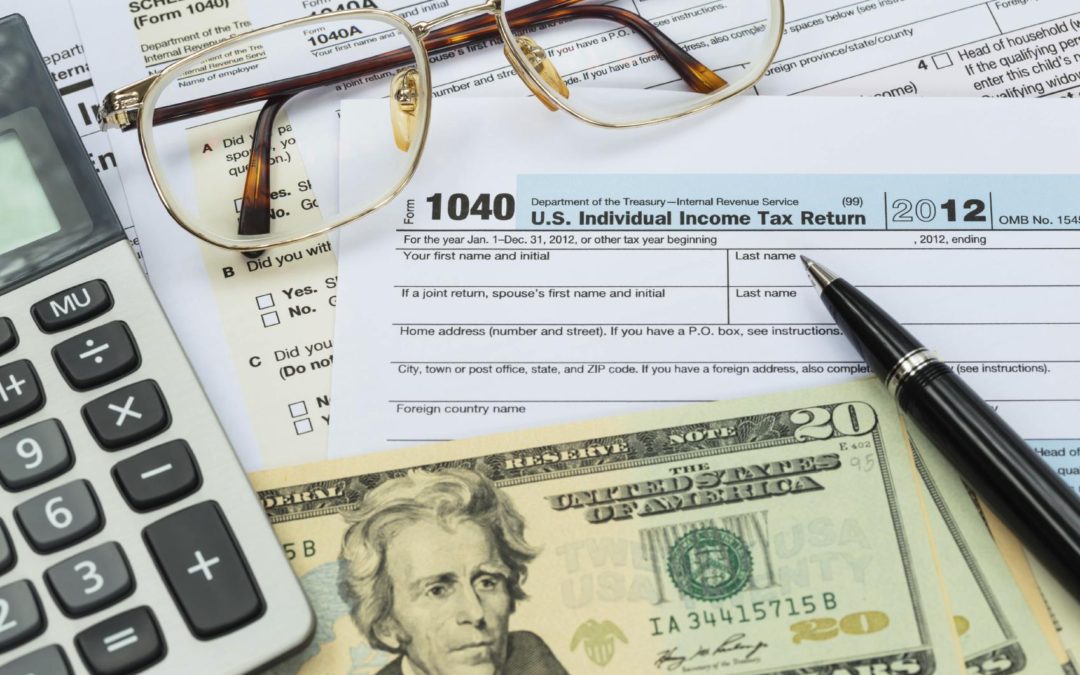By following the ideas below, you’ll be able to keep your information safe and accurate.
Identity theft is among the fastest growing crimes in the United States, and ID thieves become especially active as hundreds of millions of Americans prepare and file income tax returns. While nothing is 100% effective in preventing ID theft and account fraud, being proactive and vigilant can cut your chances of becoming a victim. Below are some tips for making yourself a harder target around tax time and year round.
File your taxes early
This reduces the chance of the fraudsters filing first (which reduces the chances of their fraudulent filing getting detected until it’s too late). Most victims don’t find out until they try to file and the IRS indicates someone has already filed using their info; or in some instances until they receive a notice from the IRS.
Secure your incoming and outgoing mail
ID thieves target mailboxes at tax time. Consider getting a locking mailbox, using a post office box, or having your documents sent through secure electronic forms.
Be alert to deadlines and proactive if a tax document does not arrive on time
All W2s must be received by January 31. If you are missing a W2 or other document, be proactive in tracking it down.
Pick a reputable tax preparer
In some cases, ID thieves have posed as preparers to commit tax-refund fraud. The IRS maintains a searchable database of preparers and their credentials (http://irs.treasury.gov/rpo/rpo.jsf). Consider the setting your preparer works in and make sure it is professional and secure. Be alert to who may be listening when you provide ID information in any lobby or semi-public setting.
If filing or transmitting sensitive information electronically:
Be sure your computer and network are secure and keep your virus and spyware protection up to date. Update your browser and other software.
Don’t get hooked by a phishing scam
Don’t fall victim to incoming phone calls where crooks are impersonating your banking institution, government or other official entity asking for your personal information. Avoid clicking on unfamiliar links or downloading unknown files, a favorite tactic of ID thieves is to send phishing e-mails that appear to come from the IRS or from tax software makers. Don’t click links. Don’t respond to e-mail or phone requests for ID information.
Put your copies of your sensitive documents under lock and key or shred them if no longer needed. Leaving tax returns or other documents with sensitive information in plain view makes it easier for others retrieve your personal identifiers.
Be a good guardian of your ID information
Some businesses have a legitimate need for your personal information to comply with legal requirements. Others don’t so be assertive. Ask whether information is optional or required, and understand how the business will use and protect your information.
Monitor your accounts and credit report activity
You are entitled to a yearly free copy of your credit report from each of the three big credit reporting agencies. Ordering a report from a different bureau every four months is a way to detect problems sooner. You can do this at: annualcreditreport.com.
In the very unfortunate event that you become a victim, report incidents to the federal trade commission, local law enforcement, and add a fraud alert to your credit reports. If you report to one of them they should be able to report it to the other two. You can also file IRS form 14039 (Identity theft Affidavit) so that the IRS can issue you an IP PIN (Identity Protection PIN).

